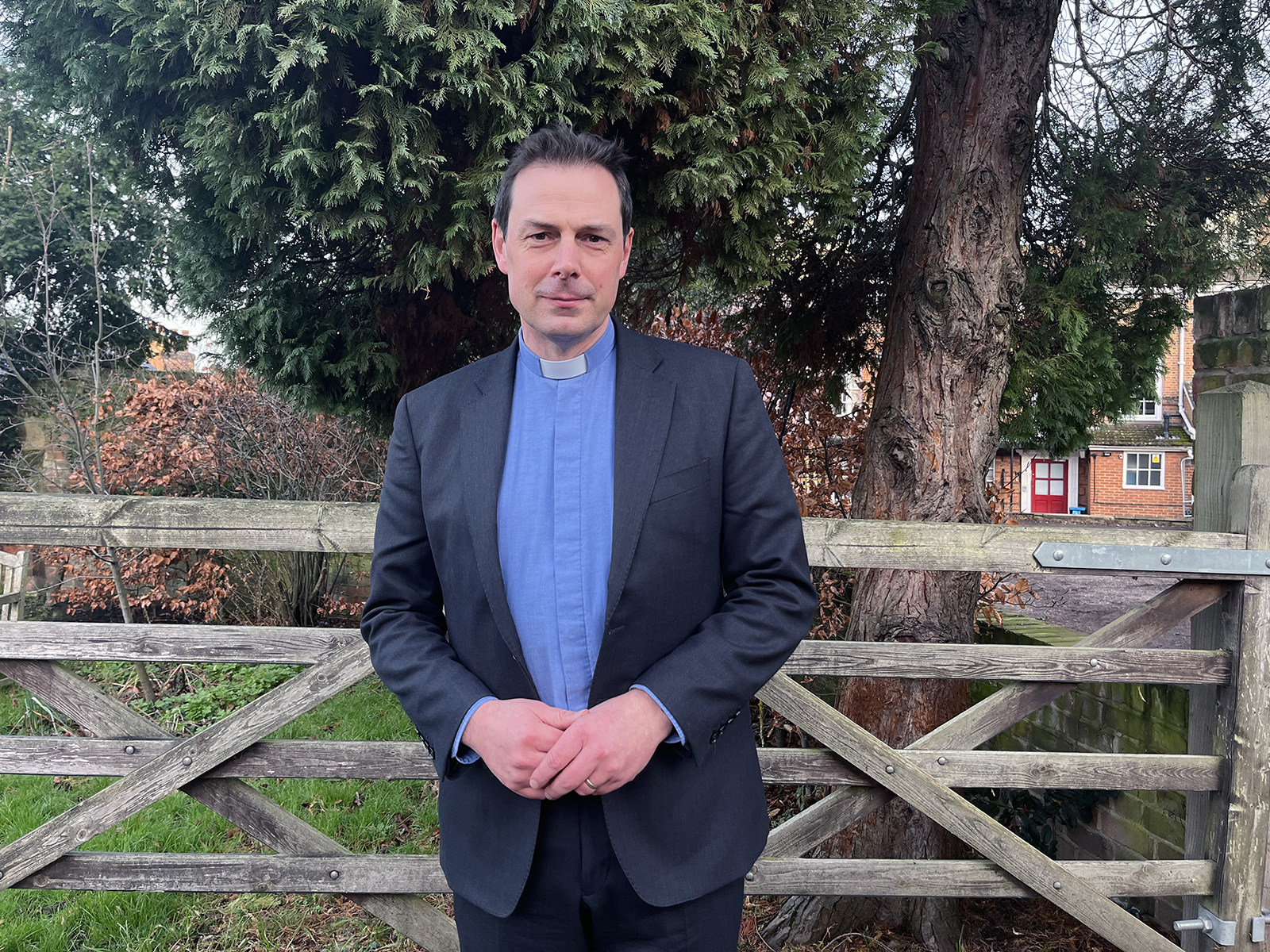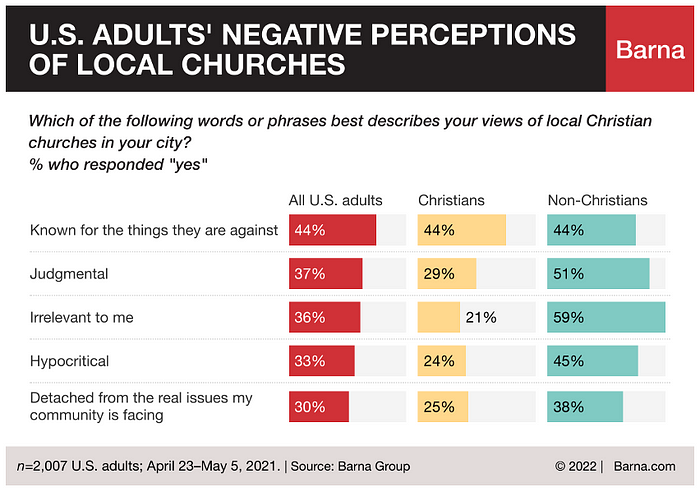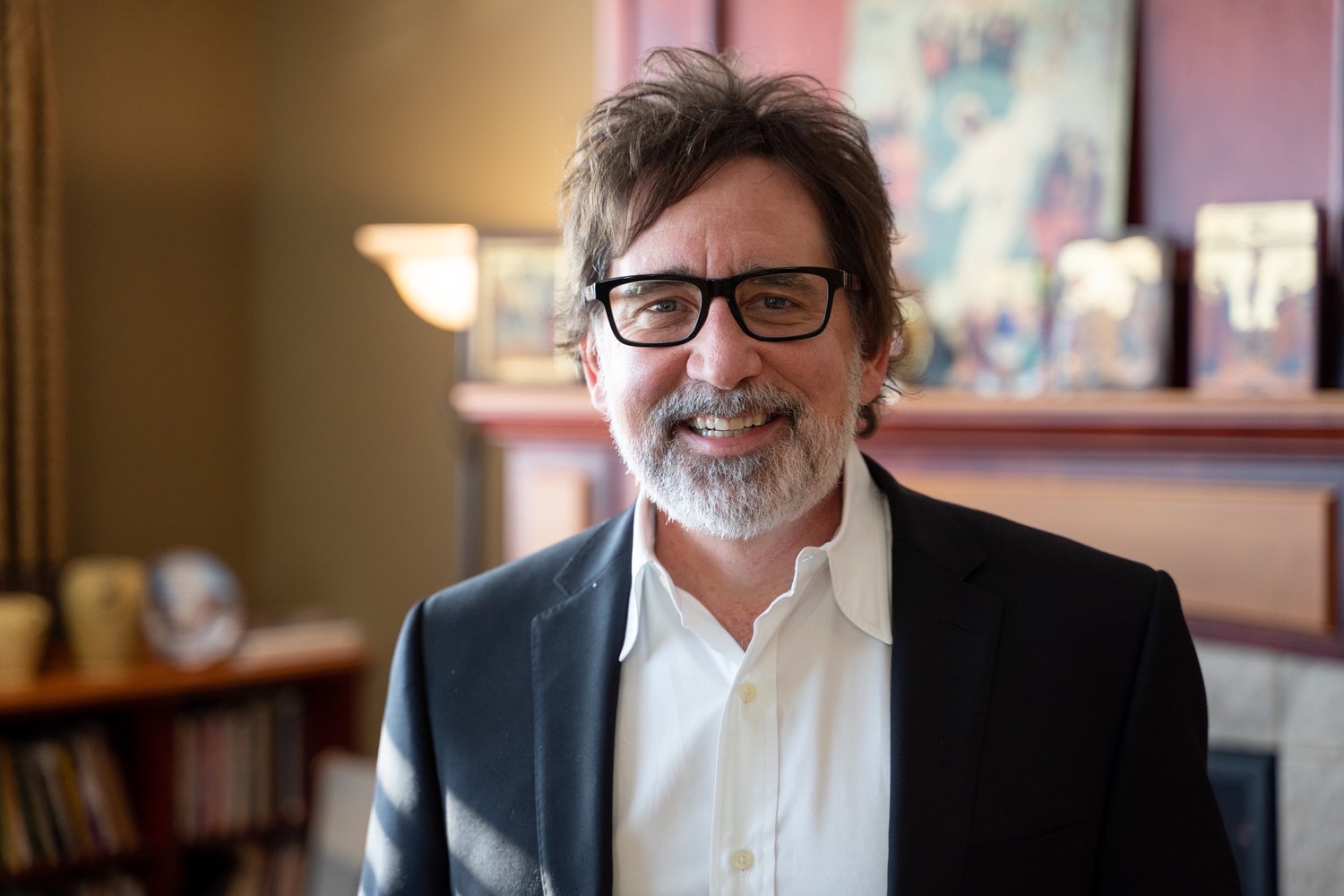
When I was a young Christian, I remember covering my high school notebook with Jesus People slogans: “One Way,” “Jesus Saves,” “PTL” (Praise the Lord), “In case of Rapture, this notebook will be abandoned.” One of those sayings has came back to me powerfully this week: “If you were put on trial for being a Christian, would there be enough evidence to convict you?”
For Iranian Christians seeking asylum in Europe, that has become a very real question. A recent Religious News Service article describes what Christians in Iran face:
The Islamic Republic forbids anyone born Muslim from converting to another religion, with violations punishable by arrest and even death. There are about 1.25 million Christians in Iran and those born Christian are allowed to practice their beliefs in the shadows, but converts face increasing persecution, including mass arrests last summer. In addition to government pressure, converts are often exiled from families or forced into Islamic marriages, according to Open Doors International, a watchdog monitoring global Christian persecution.
But, in order to be given asylum, converts who have fled to Europe from Iran must first prove in court that they are indeed Christians. According to a 2021 study published in the Annals of the American Academy of Political and Social Sciences, religious conversions to Christianity are the “most frequent reason for asylum claims by Iranians” in Germany and the United Kingdom:
The U.K.’s grant rate for Iranian asylum-seekers is 80%. In comparison, data from the German government shows that just 22.3% of Iranian asylum claims in 2019 were successful in first decisions, dropping to 19.9% on appeal. The study, based on 36 asylum appeal hearings in Germany, found that judges largely expect applicants to show church attendance is not motivated by a desire to form social bonds. As a result, joining an Iranian-only congregation with Farsi liturgy could be held against applicants — even though many do not know English.
In the United Kingdom, the increasing number of asylum-seekers claiming to be Christian converts has generated a Conservative backlash. After an Afghan refugee granted asylum as a Christian convert attacked 12 people with acid, right-wing provocateur Nigel Farage blamed the Church of England: “How many hundreds or thousands of people who come from Muslim countries, who now claim they are Christian and have been allowed to stay? We must be mad.”

“The things that one does to articulate a genuine Christian faith are very difficult objectively to prove. So much of the question of faith is about our relationship between us and God and that can’t be verified in one sense in court.” . . . There are, however, certain behaviors that strongly indicate authenticity, Wallace stresses. Commitment to regular worship, to serving others, to being kind and sacrificially generous is a “good demonstration of someone’s commitment.”
Worship, service, kindness, generosity: according to Rev. Wallace, these are evidence of an authentic faith. Jesus would agree, friends! In the Sermon on the Mount, he urges,
You are the light of the world. A city on top of a hill can’t be hidden. Neither do people light a lamp and put it under a basket. Instead, they put it on top of a lampstand, and it shines on all who are in the house. In the same way, let your light shine before people, so they can see the good things you do and praise your Father who is in heaven (Matthew 5:14-16).
Faith not only can be, but must be, evidenced by “the good things you do”–by deeds of love and service. Indeed, Jesus offers kindness as the guiding principle for our conduct: “Therefore, you should treat people in the same way that you want people to treat you; this is the Law and the Prophets” (Matthew 7:12).
This makes me wonder: confronted by the challenge Iranian converts now face in European courts, how would American Christians fare? Would our service, kindness, and generosity serve as a “good demonstration” of our faith?
Sadly, when most people think of the church in America today, kindness and service are not what come to mind: as a survey conducted by the Barna Group demonstrates:

Note that among non-Christians surveyed, 44% said that churches in their area were known, not for their confession of Christ, their kindness, or their generosity, but “for the things they are against.” Little wonder that non-Christians characterized churches they knew as “Judgmental” (51%) and “Irrelevant to me” (59%).

You are forming your people in anger and hate. You are helping to intensify their capacity to hate other people. You are giving them permission to carry around this permanent rage (in Tim Alberta, The Kingdom, the Power, and the Glory: American Evangelicals in an Age of Extremism [San Francisco: HarperCollins, 2023), 293)

Sadly, a major target of that hatred has been people who are lesbian, gay, bisexual, or transgender. Nonbinary teen Nex Benedict of Owasso, Oklahoma died last week after being beaten by bullies in a high school bathroom. Investigations (including one by the U.S. Department of Education) are ongoing, but many have expressed concern that actions by the Oklahoma legislature (prohibiting children from receiving gender-affirming medical care, prohibiting the use of nonbinary gender markers on birth certificates, prohibiting transgender girls and women from playing on female sports teams, and preventing transgender children from using school bathrooms that correspond to their gender identity) contributed to the hostility and bullying Nex and other transgender youth have endured
In a Public Forum in Tahlequah, Oklahoma, State Senator Tom Woods was asked to respond to these concerns. He said
We are a Republican state, a supermajority, in the House and Senate. I represent a constituency that doesn’t want that filth in Oklahoma. We are a religious state, and we are going to fight it to keep that filth out of the state of Oklahoma because we are a Christian state. We are a moral state.
Later, challenged by his peers (including Senate Pro Tem Greg Treat), Sen. Woods issued a statement (not an apology):
Firstly, I want to say that a child losing their life is horrible. They were a victim of bullying and that is never okay. It is always a tragedy when someone loses their life. I said that Friday and I mean that still today. I hope anyone struggling in a similar position gets the help they need as soon as possible.
I also want to say that I stand behind what I believe in. The groups and individuals who push gender reassignment on children in our schools, and anyone else who is trying to normalize behavior that shouldn’t be tolerated, is unacceptable in my mind.
If we were put on trial for following Jesus, would there be enough evidence to convict us? Or would the evidence instead prove that our faith was a facade, a flimsy cover for our hatred, fear, and the quest for power over others?